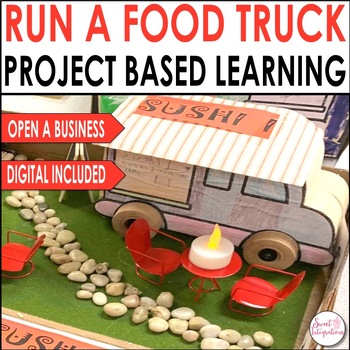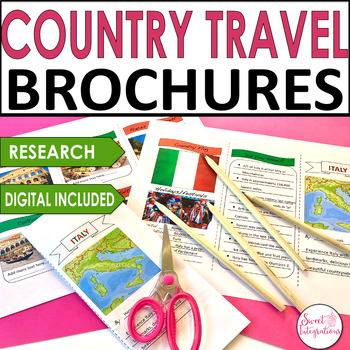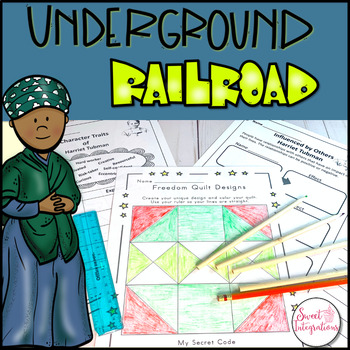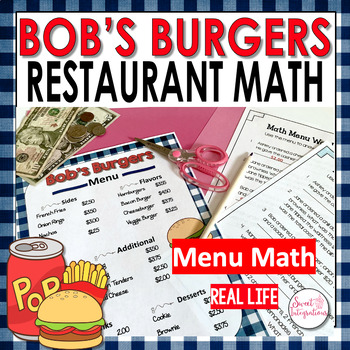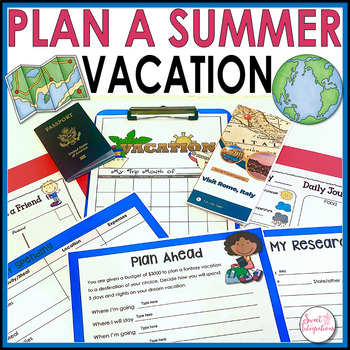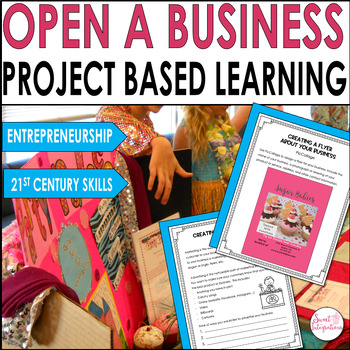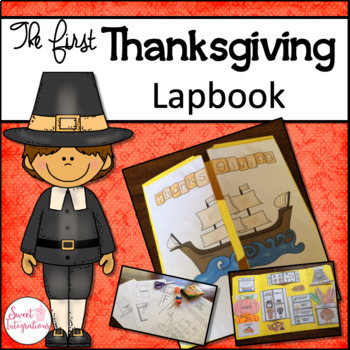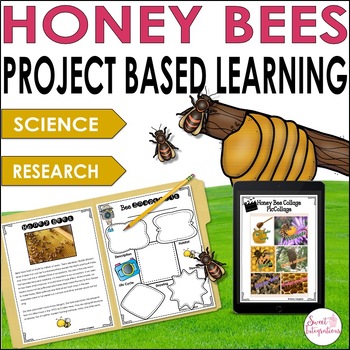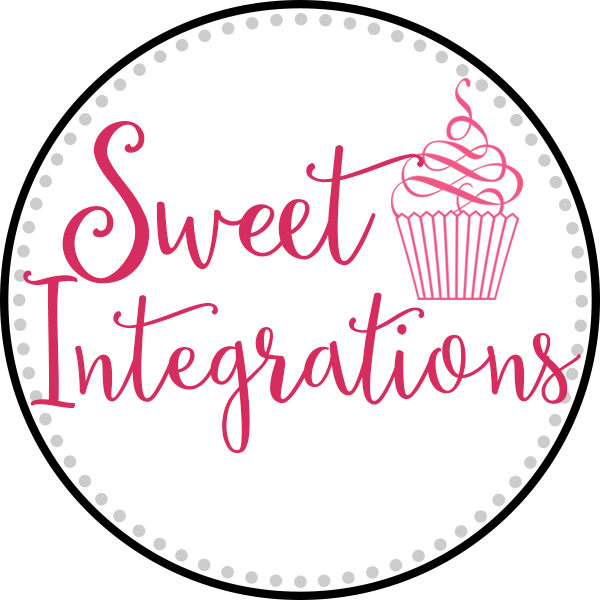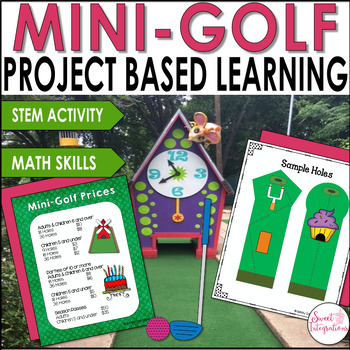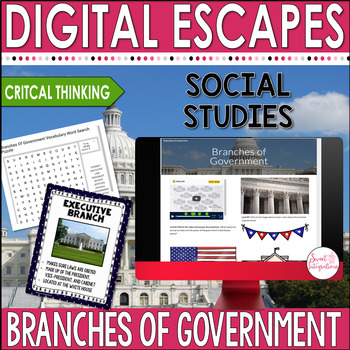1. Do your research!
Never go into an interview without knowing about the subject. Doing research helps the interviewer come up with good questions to learn even more.2. Contact the person ahead of time
Whether you are going to a business or someone's home, contact the person first. Set up a good time for the interview. If the person cannot be interviewed in person, you may need to do a phone interview or even Skype, FaceTime or Google Hangout.3. Prepare questions ahead of time
After researching, write down between 10-15 good questions. Don't ask yes or no questions. Ask questions that are open-ended so the person has an opportunity to elaborate. Practice asking questions with a friend or your parents.4. Be prepared and on time for the interview
Bring your notebook, pencil and questions. If you are recording the interview, bring the device. Always make sure to get permission if you want to record or video. And, make sure to be on time.
5. Be courteous and professional during the interview
- Be friendly and relax during the interview.
- Dress nicely to show that you are serious about the interview.
- Give the person a chance to answer the questions without going on to the next question.
- Listen carefully as you take notes. Feel free to ask follow-up questions.
- Sometimes one of your questions may already be answered during the interview, so don't ask it again.
- Ask the person if there's anything else she/he would like to add.
- Thank the person for taking time to be interviewed.
6. Review your notes
Review your notes right after your interview. You may remember some information that you didn't write down.7. Write a thank-you note
Follow-up the interview with a thank-you note.If you enjoyed this post about ask an expert, you'll also enjoy the other PBL ideas at my Teachers Pay Teachers store. You can view all of my Project Based Learning resources here.



























